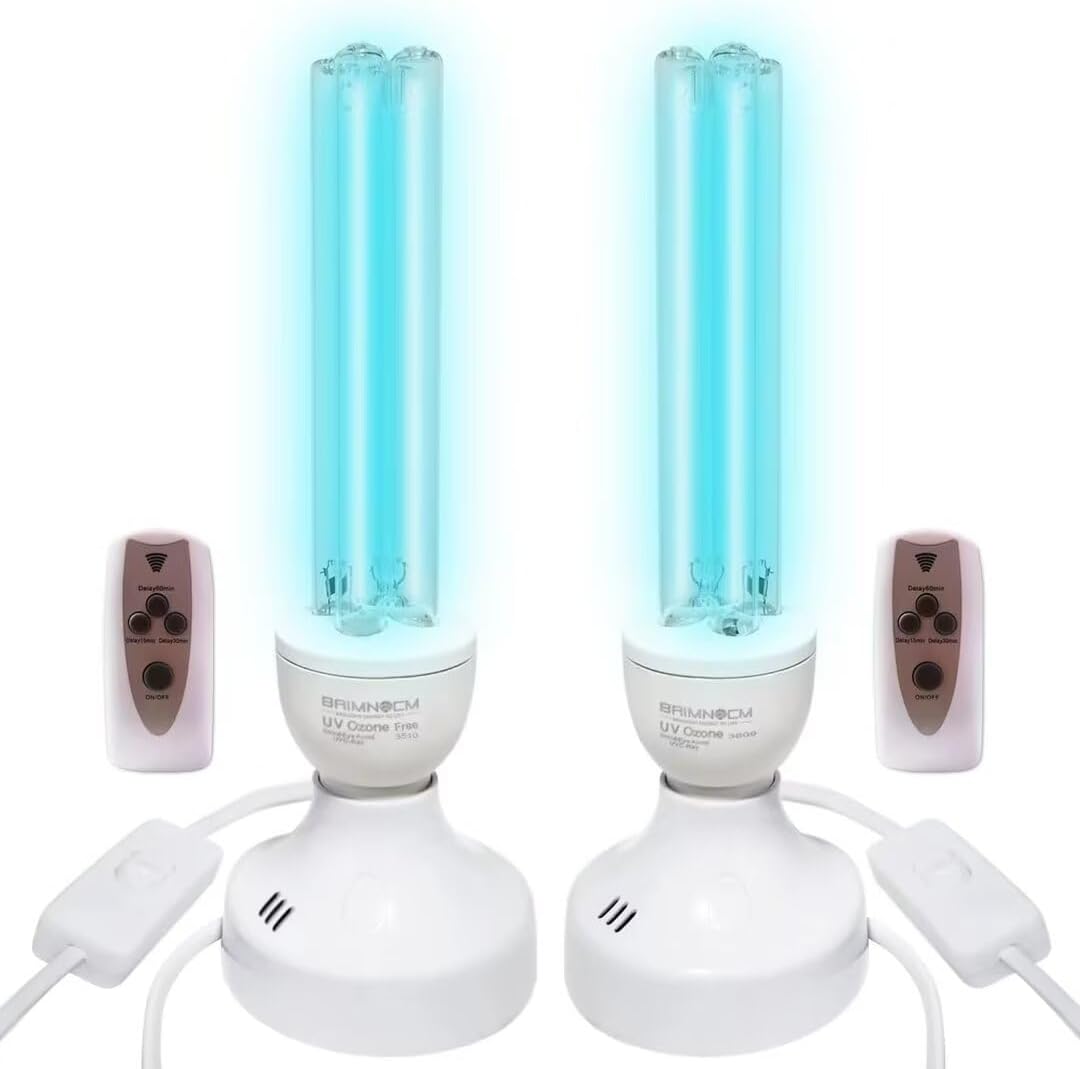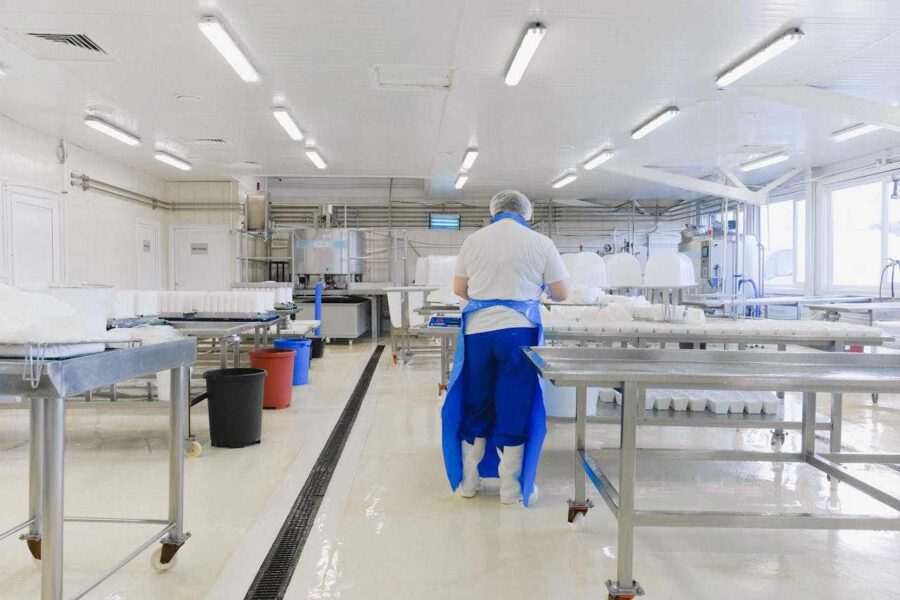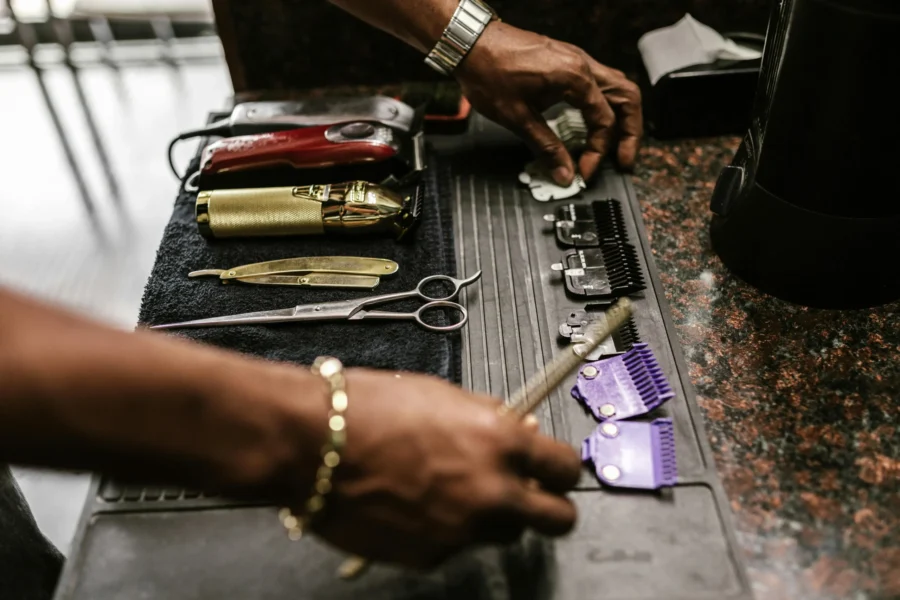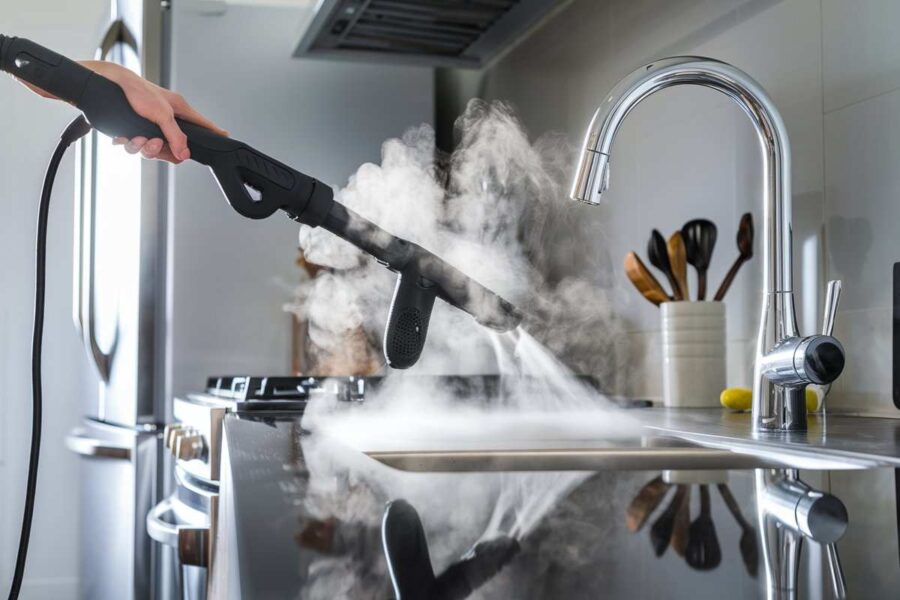Are Germicidal Light Bulbs Safe? The Truth About UV-C Safety
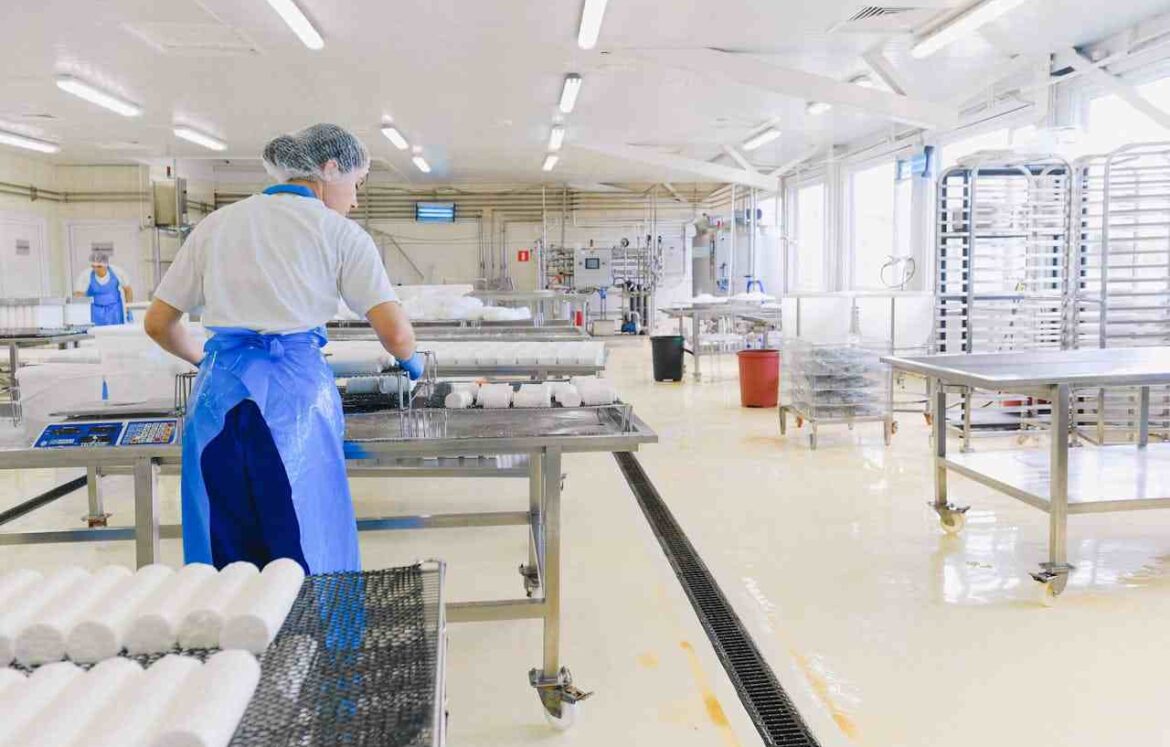
It’s time to talk about the elephant in the room: UV-C light. It’s the buzzword of the moment, and for good reason. This powerful technology has been shown to effectively kill a wide range of pathogens, from bacteria to viruses. But with all the hype comes a lot of questions: Are Germicidal Light Bulbs safe? How does it work? Can I really use it in my kitchen?
This article will dive deep into the world of UV-C light, exploring its benefits, risks, and best practices for safe usage. We’ll also touch upon the future of this technology and how it’s transforming disinfection practices.
Let’s start with the basics, shall we?
Table of Contents:
What are Germicidal Lights?
Germicidal lights, often referred to as UV-C lights, are a type of ultraviolet light that emits a specific wavelength of UV radiation (200-280 nanometers) known to be germicidal, meaning it can kill bacteria and viruses. This process involves disrupting the DNA of microorganisms, rendering them incapable of replicating.
These lights are becoming increasingly popular for a variety of reasons:
- They’re effective: UV-C light is highly effective at killing bacteria, viruses, and other microorganisms. It’s been used for decades in hospitals and food processing plants, and is now increasingly used in the home.
- They’re eco-friendly: UV-C light doesn’t require harsh chemicals to disinfect, making it a greener alternative to traditional methods. This is especially important in the kitchen, where food preparation and consumption take place.
- They’re versatile: UV-C light technology can be used for a wide range of applications, from disinfecting surfaces and air to sterilizing water. You can find UV-C lights in everything from handheld sanitizers to large-scale air purification systems.
Imagine having a UV sterilizer machine that’s small enough to fit on your countertop, offering a germ-free zone for your kitchen tools. This is a reality with UV light sanitizer for food, offering a convenient and efficient way to keep your food safe.
While UV-C light offers many benefits, it’s crucial to remember that it’s not without its risks. We’ll explore those in the next section.
The Benefits of UV-C Light for Disinfection
UV-C light, a specific type of ultraviolet radiation, has become increasingly popular for its ability to disinfect surfaces, air, and even water. This technology utilizes the power of ultraviolet rays to break down the DNA of harmful microorganisms, effectively rendering them inactive.
Imagine this: you’re about to chop your vegetables for dinner, but you want to ensure they’re completely germ-free. A quick pass under a uv sterilizer machine for hospital can eliminate bacteria and viruses, giving you peace of mind. This is just one example of how UV-C light is revolutionizing the way we approach hygiene and sanitation.
In the kitchen, uv material for kitchen can be used to disinfect surfaces, utensils, and even food. This technology can help prevent the spread of foodborne illnesses, ensuring food safety and promoting overall hygiene.
The application of UV-C light extends beyond the kitchen, too. uv light sanitizer for food is used in hospitals to disinfect patient rooms and medical equipment, significantly reducing the risk of infections. It’s also widely used in the uv light disinfection food industry, to sterilize food processing equipment, packaging, and even the food itself.
But, UV-C light isn’t just for industrial applications. uv light germ killer is also available for personal use. You can find portable uv sanitizer machine that are small enough to fit in your purse or backpack, perfect for disinfecting your phone, keys, or other everyday items.
- UV lamp set with ozone and no-ozone options
- remote control timer
- 400-800 sq ft coverage
- safe design, 24/7 support.
The Risks Associated with UV-C Light Exposure
While UV-C light offers significant benefits for disinfection, it’s crucial to understand the potential risks associated with exposure. UV-C radiation, like other forms of electromagnetic radiation, can be harmful to living organisms. It’s important to follow safety guidelines and use these devices responsibly to minimize risks.

1. Skin and Eye Damage:
Direct exposure to UV-C light can damage the skin and eyes, leading to sunburn, eye irritation, and even cataracts. It’s imperative to never look directly at a UV-C light source, even for a brief period. Always wear appropriate protective gear like UV-protective goggles and gloves when operating UV-C devices.
2. Potential for Mutagenesis and Carcinogenesis:
High doses of UV-C radiation can damage DNA, potentially leading to mutations. While UV-C sanitizers are designed to minimize these risks, prolonged exposure to high-intensity sources could increase the chance of mutations or even carcinogenesis.
3. Considerations for Food Safety:
UV-C light has shown effectiveness in disinfecting food surfaces and killing pathogens. However, overexposure to UV-C light on food can affect its nutritional value and even change its taste and appearance. It’s crucial to follow manufacturers’ instructions and limit exposure time to ensure the best results while maintaining food quality.
4. Environmental Concerns:
UV-C light can also affect microorganisms in the environment, potentially impacting biodiversity. It’s essential to use UV-C sanitizers responsibly in indoor spaces to minimize the risk of harming beneficial microorganisms.
Remember, UV-C technology is powerful and can be a valuable tool for disinfection. By understanding its potential risks and following safety guidelines, we can safely harness its benefits while minimizing potential harm.
Safe Use of Germicidal Lights
While UV-C light can be incredibly effective in killing germs, it’s essential to use it safely. Overexposure to UV-C light can be harmful to your skin and eyes. Here are some key safety guidelines to follow when using UV-C light for disinfection:
- Never look directly at a UV-C light source. UV-C light can damage your eyes and skin. If you must be in the same room as a UV-C light source, wear protective eyewear and clothing that covers your skin.
- Turn off the UV-C light when you’re in the room. UV-C light should only be used in a room that is empty of people and pets.
- Don’t use UV-C light on delicate surfaces. UV-C light can damage some materials like fabrics, plastics, and some types of paint. If you’re unsure, test it on a small, inconspicuous area first.
- Ensure the UV-C light is properly installed and functioning. A malfunctioning UV-C light may not be effective at killing germs or could even pose a safety hazard.
- Follow the manufacturer’s instructions carefully. Every UV-C light device will have its own set of instructions that must be followed to ensure safe and effective use.
For specific recommendations on choosing and using UV-C light sanitizers for your kitchen, you can explore our guides on the best UV sanitizing boxes for kitchens, best portable UV sanitizers for kitchens, or best UV sterilizers for kitchens. These resources provide detailed information on different types of UV-C light devices available, their safety features, and practical tips for using them safely and effectively in your kitchen.
Remember, UV-C light is a powerful tool for disinfection, but it should always be used with caution. By following these safety guidelines, you can utilize the benefits of UV-C light while minimizing the risks.
Conclusion
Germicidal UV-C lights offer a powerful tool for disinfection, but it’s crucial to understand both their benefits and risks. While they are effective at killing harmful germs, prolonged exposure to UV-C light can be detrimental to human health.
It’s essential to use germicidal lights responsibly, following safety guidelines and avoiding direct exposure to the UV-C light.
As a consumer, you have access to a wide range of UV-C products, from best handheld sanitizer to uv sanitizer machine. Researching and understanding each product’s features and safety precautions is critical before purchasing and using them.
The future of UV-C technology is promising, with potential applications in various fields. By staying informed about the latest developments and using this technology responsibly, we can harness its benefits and contribute to a safer and healthier world.


